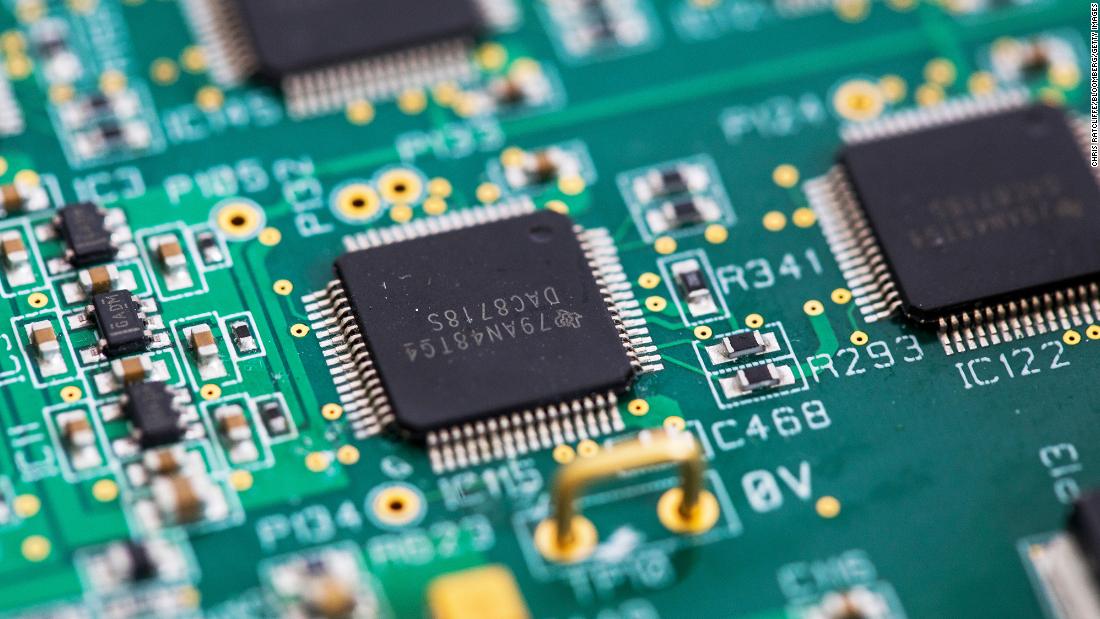The World Chip Shortage, The Payment Card Industry & Why Things May Worsen

The global chip shortage is having a significant impact on the payment card industry. The shortage, which has been building for more than a year, is affecting every type of electronic device with a microchip – including smartphones, computers, and cars.
In February 2021, Visa and Mastercard both issued statements warning that the global deficit of semiconductors will cause delays in credit card issuance.
What is the Global Chip Shortage?
The global chip shortage began in 2020 when coronavirus lockdowns caused businesses to shut down. Orders for computer chips, which are used in everything from mobile phones to automobiles, were decreased.
When governments started to lift restrictions at various points throughout 2020, manufacturers were unable to meet the sudden increase in demand for products like cars and smartphones due to the reduced supply of chips.
This resulted in a backlog that has rippled throughout the entire manufacturing industry. As manufacturers compete for chips from a limited number of suppliers, companies are waiting longer for their orders to be completed.
What Factors Have Led to the Shortage
A number of factors have led to this shortage. Increased demand is a significant factor because of the pandemic; many people are working and shopping from home, as well as using digital payment options more often.
While many industries use chips, the automotive industry is also driving up demand. The automotive industry is one of the largest purchasers of semiconductors, and with an increased focus on electric cars, there’s a greater need for semiconductors than ever before.
In addition to the pandemic and the automotive industry, natural disasters in Taiwan (a major producer of chips) have also contributed to this shortage.
There are several ways this shortage may affect merchants, including:
- Merchants may need to make more costly repairs to their equipment or replace it altogether if it malfunctions and cannot be repaired.
- Transactions may take longer to process as some EMV-compliant payment terminals may not be able to process transactions if a chip is not detected.
- It will likely take longer for merchants to get new terminals and other equipment that must be purchased because of lead times from manufacturers who are unable to keep up with demand due to high levels of orders from other merchants needing new equipment as well.
Last Words
In a recent survey of over 100 card manufacturers and Personalization/Fulfillment Bureaux (PFBs) by Hanco Card Systems, nearly half expected the issue to worsen over the next 6 months whilst only 16% predicted an improvement. The report also showed that lead times have increased by up to six weeks in some cases with almost one third of manufacturers citing lead times of more than 8 weeks.
Author Bio: Blair Thomas has been a music producer, bouncer, screenwriter and for over a decade has been the Co-Founder of eMerchantBroker, the highest rated high risk merchant account processor in the country. He has climbed in the Himalayas, survived a hurricane, and lived on a gold mine in the Yukon. He currently calls Thailand his home with a lifetime collection of his favorite books.
